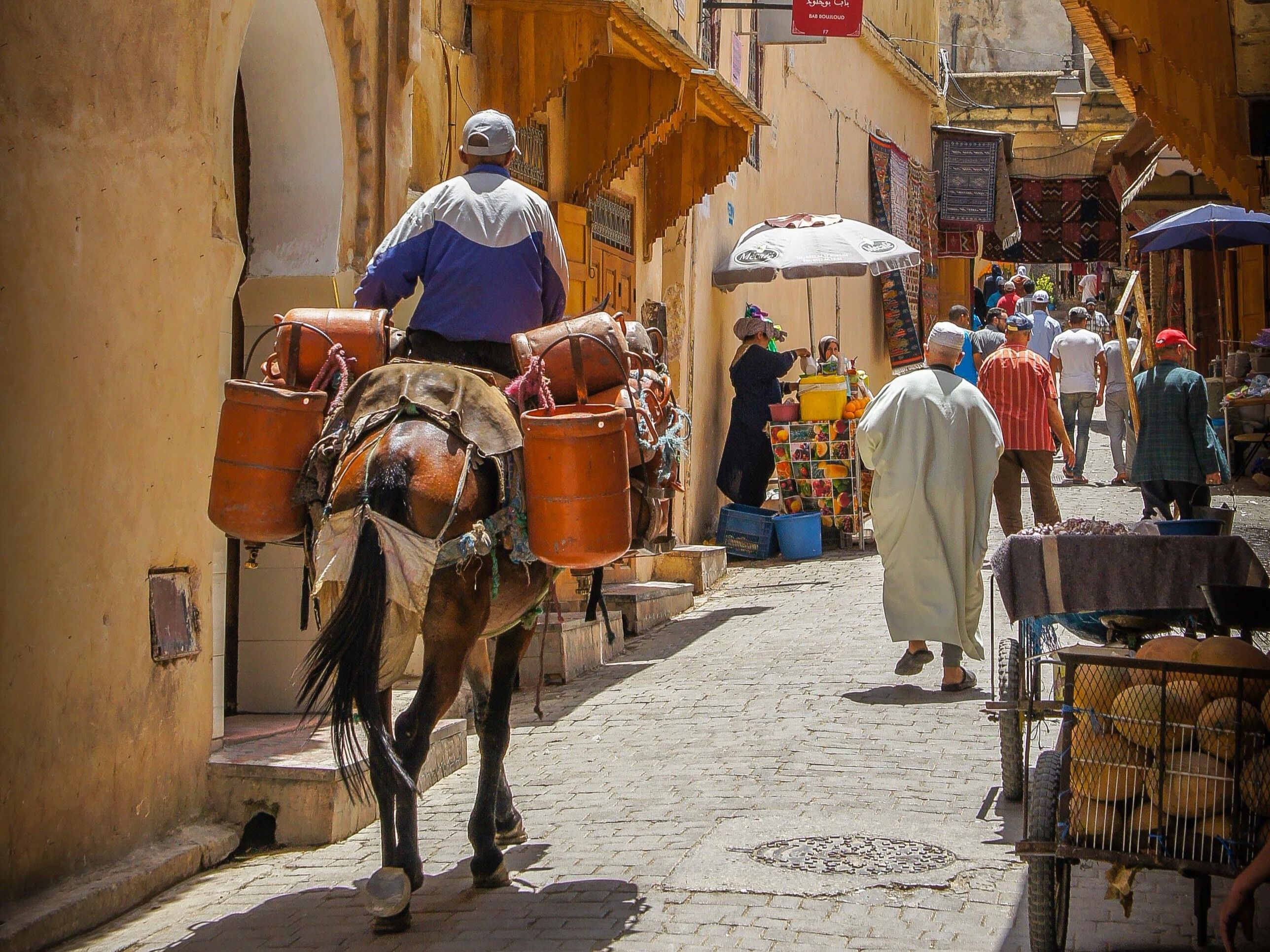Abraham Accords - How Is It Going So Far?
Total trade between Israel and regional peace partners reached $3.47 Billion in 2022, up from $1.905 Billion in 2021 and $593 million in 2019.

The Abraham Accords Peace Institute (AAPI) has published this month its 2022 Annual Report. The report examines the evolution of multilateral and bilateral diplomatic, economic, investment, tourism and people-to-people ties primarily among Israel, UAE, Bahrain, Morocco, Sudan, Egypt, and Jordan.
The Abraham Accords refer collectively to the agreements of peace, diplomatic relations, and full normalization between Israel and partner countries including the United Arab Emirates, Bahrain, Morocco and Sudan. All were built on the foundations of Israel’s Peace with Egypt in 1979 and Jordan in 1994.
The new report assesses the development of ties to date between Israel and the UAE as ‘Strong’, between Israel and Bahrain, Morocco, Egypt and Jordan as ‘Fair’, and with Sudan as ‘Tenuous’.
Some of the takeaways from the report:
- Total trade between Israel and regional peace partners reached $3.47 Billion in 2022, up from $1.905 Billion in 2021 and $593 million in 2019.
- Outbound Israeli tourism to Abraham Accords countries grew from 39,300 in 2019 to 470,700 in 2022. Israeli tourism contributed an estimated $325 million to the UAE economy in 2022 alone.
- Regional connectivity- 17 new flight routes have been established between Israel and regional partners.
- Abraham Accords retain strong bi-partisan consensus in US and enjoy growing support across Europe.
- Areas with significant unrealized potential include incoming tourism to Israel, expanded people-to-people ties, overland regional trade.
Prior to the Accords, the Middle East had the lowest rate of intra-regional trade in the world, with just 5% of exports from Middle East and North African countries to their regional neighbors. Since the signing of the Accords, trade and investment have increased between Israel and all the Accords countries for which data exists. While the rapidly expanding trade between Israel and the UAE has rightfully attracted much of the media attention, steady progress has been made with Bahrain, Morocco, Egypt, and Jordan as well across numerous sectors.
Expansion of the Accords remains viable despite the loss of momentum following the initial agreements in 2020. The conditions required persist and include U.S. commitment and mediation, which remains essential. It is now also important to demonstrate the benefits of signing onto the Accords among existing members and encourage others to join and overcome the barriers to entry.
In 2023, AAPI priorities will include realizing opportunities for increased tourism, delegations and academic exchange, identifying options for Accords members to help alleviate European energy challenges, advancing multilateral agricultural projects to address food security threats, particularly in Sudan, promoting the development of infrastructure necessary for regional overland trade, accelerating cooperation on water security, and developing an Abraham Accords Innovation Network to create synergies between start-up ecosystems.
Source: AAPI 2022 Annual Report.



